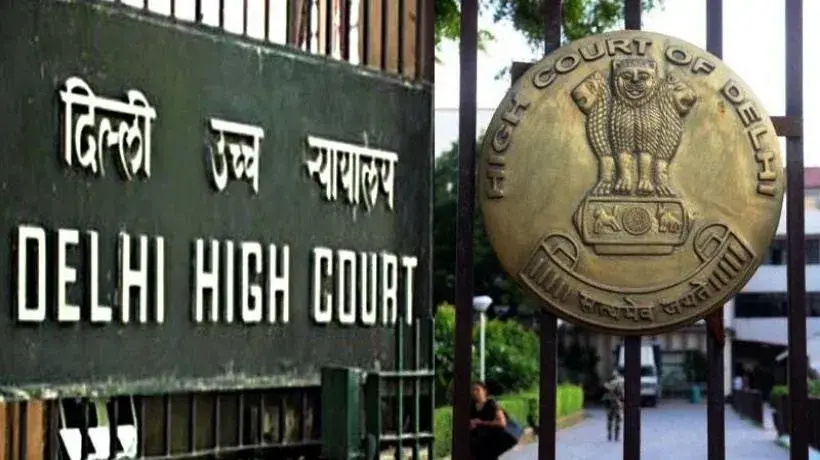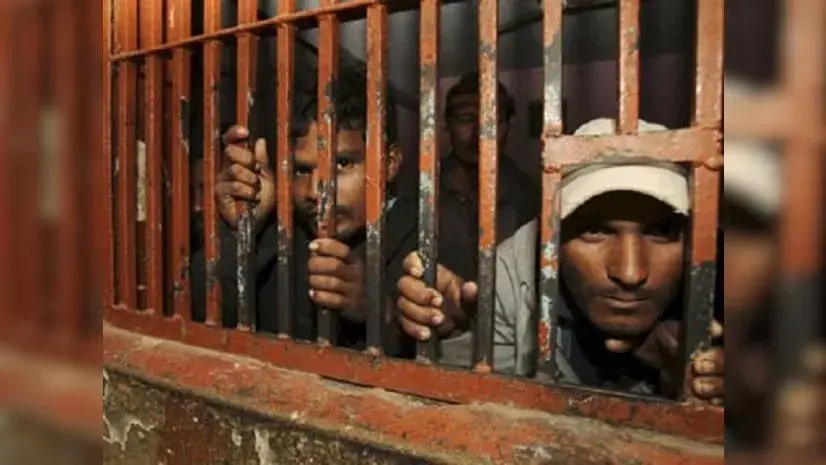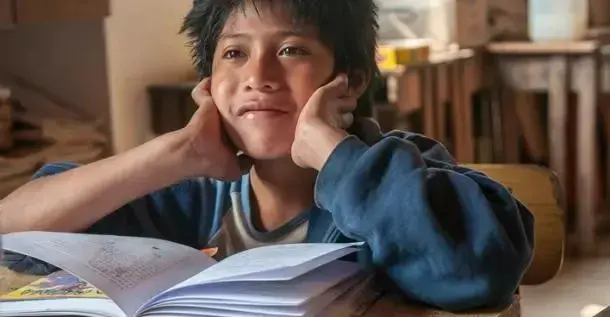Over 1,500 Classrooms in Dakshina Kannada and Udupi Await Repairs as Monsoon Nears
With just a month remaining for schools to reopen and the monsoon set to arrive, over 1,550 classrooms in government schools across Dakshina Kannada and Udupi districts remain in urgent need of repairs. According to data from the state education department, a total of 1,323 classrooms in Dakshina Kannada and 274 in Udupi are yet to be restored, despite a detailed repair proposal having been submitted to the Karnataka government months ago. Out of the 21,255 classrooms statewide requiring major repairs, these coastal districts represent a significant portion. The urgency is compounded by the weather, as damaged and cracked roofs in some schools are already causing water leakage. “If not addressed immediately, the rains will severely impact classroom conditions,” said a head teacher from a government school in Mangaluru, stressing the importance of completing the repairs during the summer break. Dakshina Kannada is home to 893 primary and 170 high schools, while Udupi has 570 primary and 105 high schools. During the last academic year, no direct funds were allocated to these two districts, even though 2,162 classrooms in 17 other districts received repair support. Local authorities had to rely on alternative funding sources for temporary fixes. This year, officials confirm that a proposal has once again been submitted. “We are prioritising emergency repairs, especially those that impact student safety. All essential works will be completed before the monsoon,” said Govinda Madival, DDPI of Dakshina Kannada. Ganapati K, DDPI of Udupi, assured that repairs are being carried out in phases, based on information gathered from schools. Alongside Dakshina Kannada and Udupi, Kodagu district also has 189 classrooms in need of urgent attention. Source: daijiworld
Over 1,500 Classrooms in Dakshina Kannada and Udupi Await Repairs as Monsoon Nears Read More »





